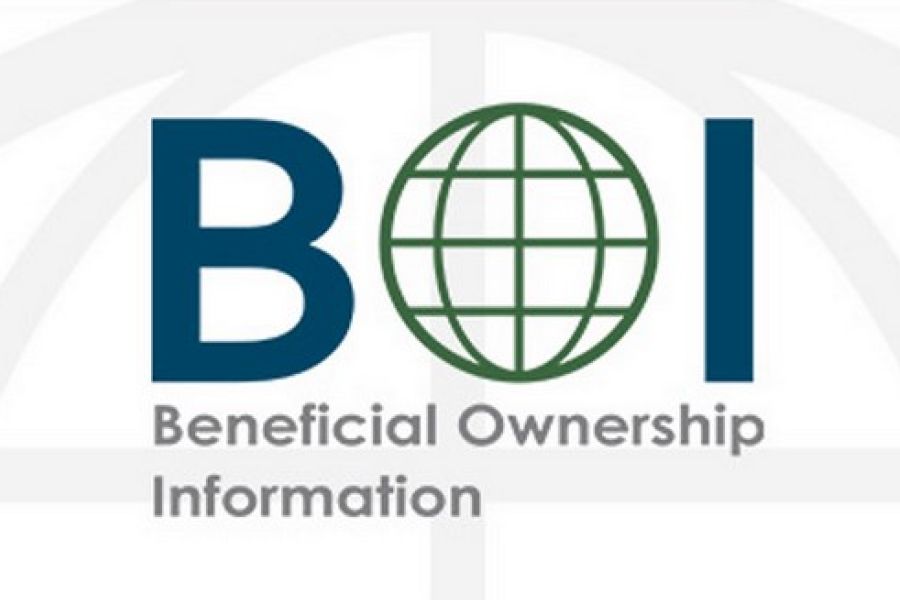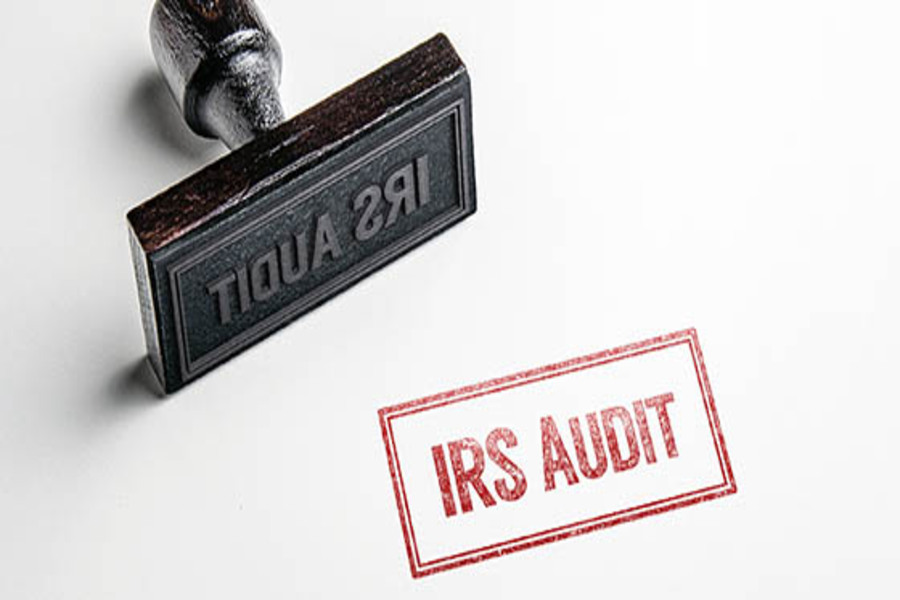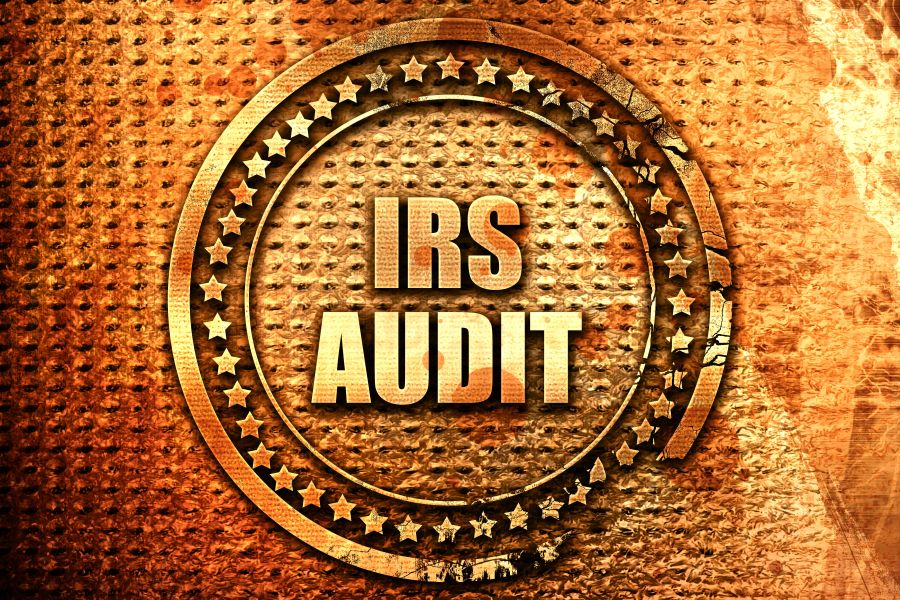As the end of the year approaches, many people start to think about their finances and tax strategies. One effective way to reduce potential estate taxes and show generosity to loved ones is by giving cash gifts before December 31. Under tax law, you can gift a certain amount each year without incurring gift taxes or requiring a gift tax return. Taking advantage of this rule can help you reduce the size of your taxable estate while benefiting your family and friends. Taxpayers can transfer substantial amounts, free of gift taxes, to their children or other recipients each year through the proper use of the annual exclusion. The exclusion amount is adjusted for inflation annually, and in 2024 is $18,000. It covers gifts that an individual makes to...

As we approach 2025, changes are coming to the Social Security wage base. The Social Security Administration recently announced that the wage base for computing Social Security tax will increase to $176,100 for 2025 (up from $168,600 for 2024). Wages and self-employment income above this amount aren’t subject to Social Security tax. If your business has employees, you may need to budget for additional payroll costs, especially if you have many high earners. Social Security basics The Federal Insurance Contributions Act (FICA) imposes two taxes on employers, employees and self-employed workers. One is for Old Age, Survivors and Disability Insurance, which is commonly known as the Social Security tax, and the other is for Hospital Insurance, which is commonly known as the Medicare tax. A maximum amount of compensation...
Skimming, where criminals use hidden digital readers to steal debit and credit card information, is a pervasive threat that can result in significant financial losses for businesses. The FBI estimates that ATM and point-of-sale (POS) skimming generates more than $1 billion for criminals annually. So if your business offers or operates these machines, you need to assess your risk and take steps to prevent skimming from happening on your premises. How it happens Skimming is widespread among thieves because it’s a relatively straightforward crime to perpetrate. Fraudsters secretly place a skimming device — usually a plastic overlay — on an ATM or POS reader to capture card data and users’ PINs. Alternatively, they might use hidden cameras focused on the keypad or even a “dummy” keypad. They then...
In 2021, Congress passed the Corporate Transparency Act (CTA). The CTA requires many entities doing business in the US to report information about the individuals who ultimately own or control them (the entity's "beneficial owners"). The CTA's expanded anti-money laundering laws require that small businesses report this beneficial owner information to the Financial Crimes Enforcement Network (FinCEN) in an effort to create a national database for use by national security and law enforcement agencies to prevent the use of shell companies for criminal activity. The new "Beneficial Ownership Interest" (BOI) reporting requirements, effective January 1, 2024, apply to domestic and foreign companies created or registered to do business in the US by filing a document with the Secretary of State (or similar office). While certain types...
Let’s say you have an unincorporated sideline activity that you consider a business. Perhaps you offer photography services, create custom artwork or sell handmade items online. Will the IRS agree that your venture is a business, not a hobby? It’s an essential question for tax purposes. If the expenses from an activity exceed the revenues, you have a net loss. You may think you can deduct that loss on your personal federal income tax return with no questions asked. Not so fast! The IRS often claims that money-losing sidelines are hobbies rather than businesses — and the federal income tax rules for hobbies aren’t in your favor. TCJA made tax rules worse Old rules: Before the TCJA rules kicked in in 2018, if an activity was deemed to...
The IRS has been increasing its audit efforts, focusing on large businesses and high-income individuals. By 2026, it plans to nearly triple its audit rates for large corporations with assets exceeding $250 million. Under these plans, partnerships with assets over $10 million will also see audit rates increase tenfold by 2026. This ramp-up in audits is part of the IRS’s broader strategy, funded by the Inflation Reduction Act, to target wealthier entities and high-dollar noncompliance. The IRS doesn’t plan to increase audits for individuals making less than $400,000 annually. Small businesses are also unlikely to see a rise in audit rates in the near future, as the IRS is prioritizing more complex returns for higher-wealth entities. For example, the tax agency has announced that one focus area is...
Discounts for lack of marketability are well established when valuing minority interests in closely held businesses. But many valuation experts believe that controlling business interests also warrant a marketability discount to reflect the uncertainty and risk associated with the timing of the sale and the ultimate price. Here’s a closer look at this issue. Minority (non-controlling) interests In a business valuation context, “marketability” refers to the ability to quickly convert property to cash at minimal cost. While publicly traded stocks are readily marketable, interests in private companies typically require substantial time, cost and effort to sell. To the extent that public stock data is used to value private businesses, a discount may be warranted to reflect the lack of marketability. Marketability discounts are well established when valuing minority...
As appearing at the IRS web page entitled "IRS Audits". An IRS audit is a review/examination of an organization's or individual's books, accounts and financial records to ensure information reported on their tax return is reported correctly according to the tax laws and to verify the reported amount of tax is correct. Why am I being selected for an audit? Selection for an audit does not always suggest there's a problem. The IRS uses several different selection methods: Random selection and computer screening - sometimes returns are selected based solely on a statistical formula. We compare your tax return against "norms" for similar returns. We develop these "norms" from audits of a statistically valid random sample of returns, as part of the National Research Program the IRS conducts....
As Reported via IR-2024-263 on 10/10/2024 The Internal Revenue Service announced on 10/10/2024 continued progress on Employee Retention Tax Credit claims, with processing underway on about 400,000 claims, representing about $10 billion of eligible claims. Work on the claims for small businesses and others is ongoing as the agency continues to navigate a large volume of claims from the complex pandemic-era credit. A significant number of the Employee Retention Tax Credit (ERTC) claims came in during a period of aggressive marketing by promoters, leading to a large percentage of improper, ineligible claims. “The IRS understands the vital importance of Employee Retention Tax Credits payments for struggling small businesses, and we are continuing to make important progress on one of the most complex tax administration provisions we’ve...
If you have a child or grandchild planning to attend college, you’ve probably heard about qualified tuition programs, also known as §529 plans. These plans, named for the Internal Revenue Code section that provides for them, allow prepayment of higher education costs on a tax-favored basis. There are two types of programs: Prepaid plans, which allow you to buy tuition credits or certificates at present tuition rates, even though the beneficiary (child) won’t be starting college for some time; and Savings plans, which depend on the performance of the fund(s) you invest your contributions in. Earnings build up tax-free You don’t get a federal income tax deduction for §529 plan contributions, but the account earnings aren’t taxed while the funds are in the program. (Contributors are eligible for state...
- 1
- 2
- 3
- 4
- 5
- 6
- 7
- 8
- 9
- 10
- 11
- 12
- 13
- 14
- 15
- 16
- 17
- 18
- 19
- 20
- 21
- 22
- 23
- 24
- 25
- 26
- 27
- 28
- 29
- 30
- 31
- 32
- 33
- 34
- 35
- 36
- 37
- 38
- 39
- 40
- 41
- 42
- 43
- 44
- 45
- 46
- 47
- 48
- 49
- 50
- 51
- 52
- 53
- 54
- 55
- 56
- 57
- 58
- 59
- 60
- 61
- 62
- 63
- 64
- 65
- 66
- 67
- 68
- 69
- 70
- 71
- 72
- 73
- 74
- 75
- 76
- 77
- 78
- 79
- 80
- 81
- 82
- 83
- 84
- 85
- 86
- 87
- 88
- 89
- 90
- 91
- 92
- 93
- 94
- 95
- 96
- 97
- 98
- 99
- 100
- 101
- 102
- 103
- 104
- 105
- 106
- 107
- 108
- 109
- 110
- 111
- 112
- 113
- 114
- 115
- 116
- 117
- 118
- 119
- 120
- 121
- 122
- 123
- 124
- 125
- 126
- 127
- 128
- 129
- 130
- 131
- 132
- 133
- 134
- 135
- 136
- 137
- 138
- 139
- 140
- 141
- 142
- 143
- 144
- 145
- 146
- 147
- 148
- 149
- 150











